| |
|
|
|
|
|
|
| |
|
Editor's note
|
|
In the Caribbean, a large majority of people believe that climate change is a danger to themselves and their country. In the United States, only 44 percent do. Yet both places are increasingly vulnerable to powerful hurricanes and other climate-related disasters. Why the difference of opinion? Blame politics, say Vanderbilt University’s Elizabeth Zechmeister and Claire Evans. Their surveys show that because climate change is a partisan issue in the U.S., many don’t see it as a threat.
As drones proliferate, many companies are trying to figure out how they might reinvent package delivery. Researchers Constantine Samaras and Joshuah Stolaroff have analyzed how much energy different freight delivery methods use, and discuss how to use drones to reduce carbon emissions.
Maybe this Valentine’s Day you’re pondering the intangibles about your relationship. Are things going great … or if you’re honest, just kind of OK or not even that well? Psychologist Gary Lewandowski Jr. provides 15 questions, based on relationship science research, that will help you assess whether your partner is the right match for you.
|
Catesby Holmes
Global Affairs Editor
|

|
|
Top stories
|
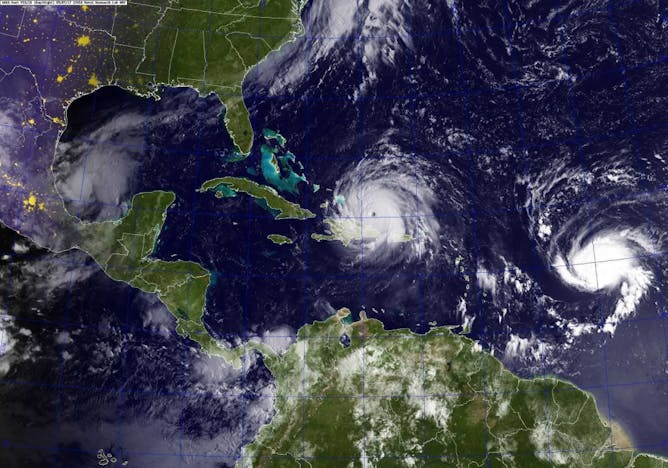
People in the U.S. and the Caribbean share vulnerability to climate change-related disasters, but only in the Caribbean is the public truly worried. Why?
US Navy
Elizabeth J. Zechmeister, Vanderbilt University; Claire Q. Evans, Vanderbilt University
New research suggests politics and risk perception may explain why the US and Caribbean see climate change so differently, though both places are ever more vulnerable to powerful hurricanes.
|
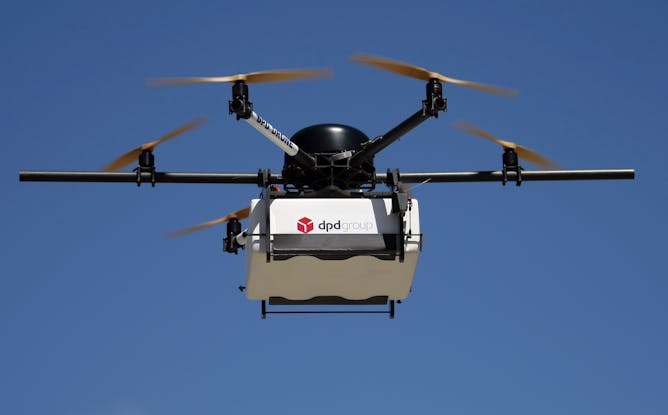
Could drone delivery help the environment?
AP Photo/Claude Paris
Constantine Samaras, Carnegie Mellon University; Joshuah Stolaroff, Lawrence Livermore National Laboratory
Reducing the need for trucking by delivering some packages with electric drones could save fuel, and potentially carbon emissions. But how much and in what circumstances?
|

Relationship science can weigh in on whether you’re with a winner.
Evgeniia Trushkova/Shutterstock.com
Gary W. Lewandowski Jr., Monmouth University
If there were a Keltner List for relationships – as for induction to the Baseball Hall of Fame – what would be on it? A relationship scientist draws on psychology research to help you assess your love.
|
Politics + Society
|
-
Manuel Pastor, University of Southern California – Dornsife College of Letters, Arts and Sciences
In the 1990s, older Californians struggled to make way for a younger, more diverse generation. Here’s how that 'racial generation gap’ transformed the state – and what it means for the rest of the US.
-
Danielle Douez, The Conversation
Scholars have you covered on all sides of the 'Dreamers' issue, with solid research to boot.
|
|
Ethics + Religion
|
-
Michael Laver, Rochester Institute of Technology
Churches started to use ashes early as the ninth century as a symbol of repentance. In 1091, Pope Urban II ritualized their use to mark the beginning of Lent. Today, churches provide 'ashes to go.'
|
|
Environment + Energy
|
-
Ashley Dayer, Virginia Tech; Seth Lutter, Virginia Tech
The Agriculture Department provides nearly $6 billion annually for land, water and wildlife conservation on farms. President Trump's 2019 budget drastically reduces funds for these programs.
-
Nikolaos Zirogiannis, Indiana University; Alex J. Hollingsworth, Indiana University; David Konisky, Indiana University
An analysis of air pollutants from Texas shows how significant – and largely underregulated – the category of 'excess' emissions is across the US.
-
Hiba Baroud, Vanderbilt University
The American Society of Civil Engineers gives US infrastructure a D+. What is it that we're doing wrong?
|
|
Education
|
-
Bryan Warnick, The Ohio State University; Benjamin A. Johnson, Utah Valley University ; Sam Rocha, University of British Columbia
When school shootings take place, beefed up security is often seen as a solution. Experience shows, however, that school shootings stem from social factors that require a different response.
|
|
Economy + Business
|
-
Marina v. N. Whitman, University of Michigan
Companies are flush with cash and profits and soon will have even more once the tax cut takes effect. So they can afford to be good again.
|
|
Valentine's Day
|
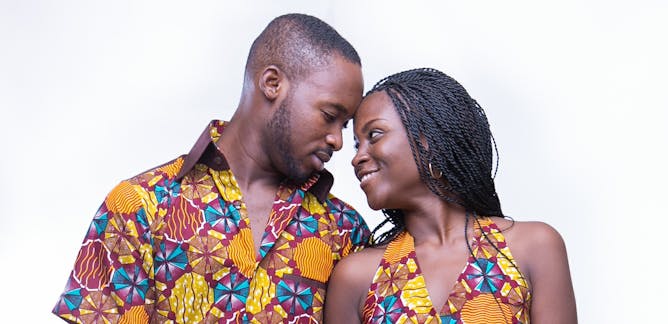
Matthew D. Johnson, Binghamton University, State University of New York
It's a classic adage for those seeking love. The problem is that psychology research shows it's just not true.
| |

Shervin Assari, University of Michigan
Love may make the world go round, but sex keeps it going. There's been a lot of discussion in recent months about the horrors of bad sex. But it's important to remember that good sex is good for us.
|
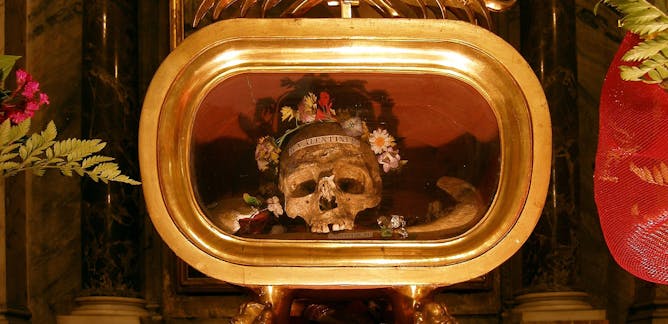
Lisa Bitel, University of Southern California – Dornsife College of Letters, Arts and Sciences
Valentine's Day originated as a feast to celebrate the decapitation of a third-century Christian martyr, or perhaps two. So how did the day become a celebration of love?
| |
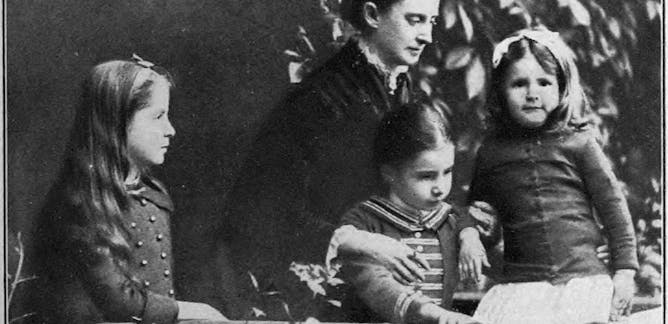
Richard Gunderman, Indiana University
It was aboard a steamship that Mark Twain first laid eyes on a photograph of Olivia Langdon, known as Livy. It was love at first sight. In their marriage of 34 years, they remained deeply devoted.
|
|
|
| |
| |
| |
| |
| |
| |
|
|
|
|
|
|
| |